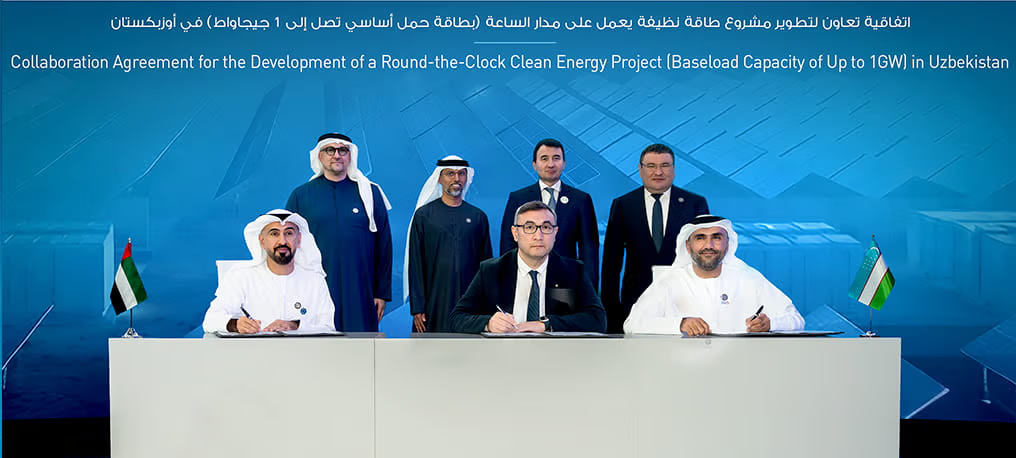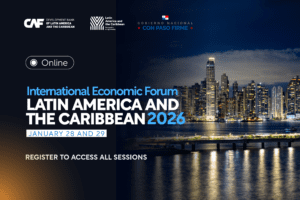- 64% of global asset owners find environmental factors more financially relevant this year, up from 52% last year.
- Two thirds believe ESG factors have become more material over the past five years, with significant gains in social and governance considerations.
- 78% view active ownership as crucial for implementing ESG policies, favoring direct engagement.
Asset owners worldwide are increasingly prioritizing environmental factors, particularly climate change, in their investment decisions, according to the third annual “Morningstar Voice of the Asset Owner Survey.”
Environmental Factors Take the Lead
Some 64% of asset owners globally feel that environmental factors have become more material or financially relevant over the past year, up from 52% in 2023. This trend is consistent across North America, Europe, and Asia-Pacific. “Climate is the lead and that’s because the data that’s available is better,” said a U.S. corporate pension fund.
Climate Transition Readiness is Paramount
Given the urgency of tackling climate change, 55% of asset owners view the transition to net-zero emissions as the most material environmental factor, up from 52% in 2023. Energy management follows closely at 49%, marking a 9 percentage point increase from last year. Water and wastewater management has also emerged as a top concern, replacing sustainable food and agriculture.
Significant Gains in Social and Governance Materiality
While environmental factors lead, social and governance considerations are gaining traction. Social factors were cited as more or much more material by 58% of respondents, up 20 percentage points from last year. Within social factors, labor practices lead, followed by human rights, customer privacy and data security, and diversity and inclusion.
ESG Factors Align with Fiduciary Duty
Materiality is a crucial precondition for considering ESG factors within fiduciary duty. Eight in ten asset owners see ESG as a neutral to positive influence on their fiduciary responsibilities. With two thirds believing ESG factors have become more material in the past five years, these considerations are increasingly integral to investment processes.
Active Ownership as a Crucial Tool
Nearly 78% of asset owners indicated that active ownership is useful for implementing their ESG strategies. Direct engagement is viewed as the most impactful method, followed by public policy engagement and collective initiatives like Climate Action 100+. Proxy voting, while important, is considered less influential.
Preference for ESG Data Over Ratings
Asset owners overwhelmingly point to ESG data as the most useful resource (43%), compared to ESG ratings (24%) and indexes (23%). This preference underscores the desire for granular, accurate, and standardized data to inform investment decisions.
The Bottom Line
As stewards of large pools of capital and fiduciaries for beneficiaries, asset owners wield significant influence over global markets and investment trends. Their increasing focus on environmental, social, and governance factors—especially climate change—signals a shift that impacts companies and investors worldwide.
Read the full Voice of the Asset Owner Survey 2024 by Morningstar: Link
Related Article: Unpriced Environmental Costs: The Hidden Burden on the Global Economy

 Follow SDG News on LinkedIn
Follow SDG News on LinkedIn











